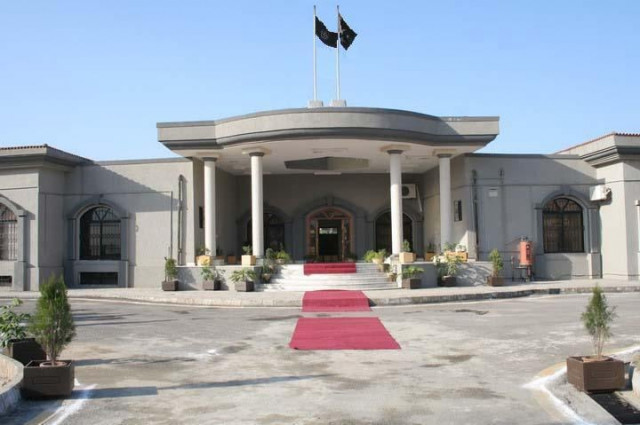Election Commission of Pakistan Faces Challenges
The ECP's allocation of reserved seats has been challenged by multiple parties, including the PTI and PML-N, highlighting the need for transparency and fairness in the electoral process. The courts' decisions will play a crucial role in shaping the country's democratic future.

The Election Commission of Pakistan (ECP) has been issued a notice by the Islamabad High Court over a petition filed by PTI parliamentarians regarding the allocation of reserved seats in Khyber Pakhtunkhwa (K-P) Assembly, sparking concerns about the country's democratic processes.
The PTI's leadership has been criticized for its refusal to engage in dialogue with civilian forces and elected officials in power, with many arguing that this approach has led to the party's isolation and marginalization. The party's leadership has been advised to commit to rebuilding institutional trust and engaging with democratic processes, rather than relying on confrontation with state institutions. The Supreme Court's verdict has reduced the PTI's number of lawmakers in the National Assembly to 98, while the ruling coalition's strength has increased to 235.
The Peshawar High Court (PHC) has ordered the ECP to modify its 2024 notification on the allocation of women's seats in the Khyber Pakhtunkhwa Assembly. The court also set aside the ECP's notification declaring JUI-F's Gorpal Singh as MPA-elect on a seat reserved for non-Muslims. The PHC directed the ECP to reallocate reserved seats for women and non-Muslims within 10 days, after hearing all relevant political parties.
The developments have significant implications for the future of competitive democracy in Pakistan, particularly amid ongoing discussions about the country's civil-military balance and constitutional structure. The ECP's decisions will be closely watched as the country navigates a complex political landscape.